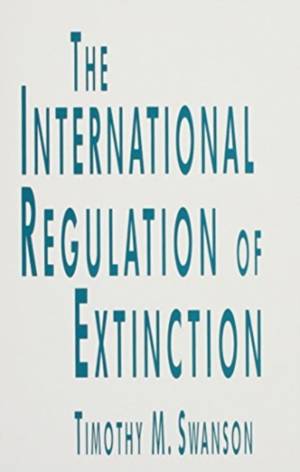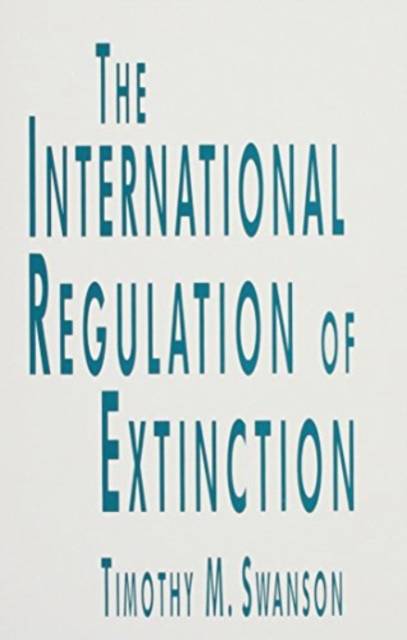
Door een staking bij bpost kan je online bestelling op dit moment iets langer onderweg zijn dan voorzien. Dringend iets nodig? Onze winkels ontvangen jou met open armen!
- Afhalen na 1 uur in een winkel met voorraad
- Gratis thuislevering in België vanaf € 30
- Ruim aanbod met 7 miljoen producten
Door een staking bij bpost kan je online bestelling op dit moment iets langer onderweg zijn dan voorzien. Dringend iets nodig? Onze winkels ontvangen jou met open armen!
- Afhalen na 1 uur in een winkel met voorraad
- Gratis thuislevering in België vanaf € 30
- Ruim aanbod met 7 miljoen producten
Zoeken
€ 150,95
+ 301 punten
Uitvoering
Omschrijving
During the summer of 1992, the United Nations Conference on Environment and Development in Rio de Janeiro was hailed as a watershed moment in the ecology movement. Over 100 nations signed a new international treaty intended to conserve biological diversity. Yet, every day, species--many not even discovered--are driven into extinction and the ecological crisis continues to be a pressing global problem.Stressing the need to build bridges between the scientific community and international policymakers, Timothy Swanson here develops a new theory of the interplay between human society and the biological world. Biodiversity regulation, he argues, must focus specifically on the regulation of the global economic forces driving species into extinction. As the global development process becomes increasingly sophisticated, the spectre of a homogenized biosphere looms large.Yet, while biological diversity is responsible for a host of global benefits, it confers few tangible gains onto individual nations that offset the financial advantages of exploiting these same natural resources. The same economic rationale that drives farmers to grow coca leafs instead of grain compels countries to exploit natural resources, rather than conserve them. In order to stave off the decline of biological diversity, Swanson proposes the creation of specific policies that will internalize the benefits of biodiversity on a national level.
Specificaties
Betrokkenen
- Auteur(s):
- Uitgeverij:
Inhoud
- Aantal bladzijden:
- 264
- Taal:
- Engels
Eigenschappen
- Productcode (EAN):
- 9780814779927
- Verschijningsdatum:
- 1/07/1994
- Uitvoering:
- Hardcover
- Formaat:
- Genaaid
- Afmetingen:
- 148 mm x 225 mm
- Gewicht:
- 467 g

Alleen bij Standaard Boekhandel
+ 301 punten op je klantenkaart van Standaard Boekhandel
Beoordelingen
We publiceren alleen reviews die voldoen aan de voorwaarden voor reviews. Bekijk onze voorwaarden voor reviews.











